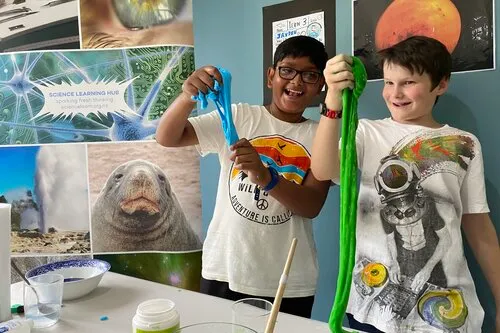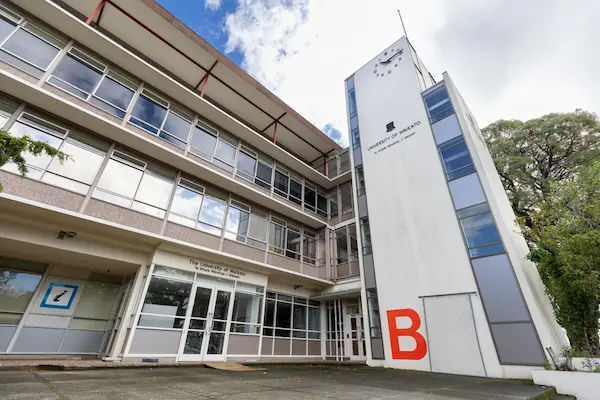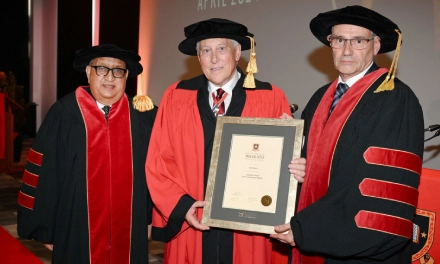For more than 15 years, the Science Learning Hub has been the ‘go to’ for science educators, attracting more than 7 million international visitors every year including an average of 35,000 New Zealanders users each month.

Director Dr Cathy Buntting from the University of Waikato says the Hub has become even more popular in the face of the Covid-19 pandemic, connecting teachers, students and the science community around the world.
“Science is one of those subjects that can be a challenge when it comes to remote teaching and learning. It’s fantastic we’ve been able to make it more achievable.
“When we created the Science Learning Hub more than 15 years ago, we were aiming to increase engagement in science within the traditional classroom, but as remote learning has come to the fore in the covid environment, it has become clear how crucial it is for teachers to engage students when routines are disrupted.”
Dr Buntting says that their page views increased 30% during New Zealand’s nationwide lockdown in April 2020, with teachers and families seeking new ideas at a challenging time.
“At the same time as we were developing content for Home Learning TV to get science education into New Zealand living rooms, we were supporting teachers looking for new ways to connect their students with science virtually,” says Dr Buntting.
Forward-thinking research by the University of Waikato ensures the Hub keeps delivering new ways to support educators. This includes the development of the ethics thinking toolkit and resources that support teachers and students to engage in citizen science projects.
In a recent project, students contributed to an international database investigating the impact of light pollution on humans and animals; other students helped interpret satellite data that are used to identify exoplanets - planets that are beyond our solar system.
“These are great examples of real-life science, and the scientists love that their research projects are serving educational purposes in addition to producing new scientific knowledge,” says Dr Buntting.
The Hub’s small team of educators, education researchers and multimedia experts work closely with science organisations across New Zealand to develop appealing, high-quality content. Reflecting a focus on supporting indigenous students, this includes a range of resources focused on Mātauranga Māori and te reo Māori. The team also has a project underway to add resources in Tongan.
Available globally, the Science Learning Hub developed by the University of Waikato is available here: https://www.sciencelearn.org.nz/. The Hub is funded by the Ministry of Business, Innovation and Employment.



